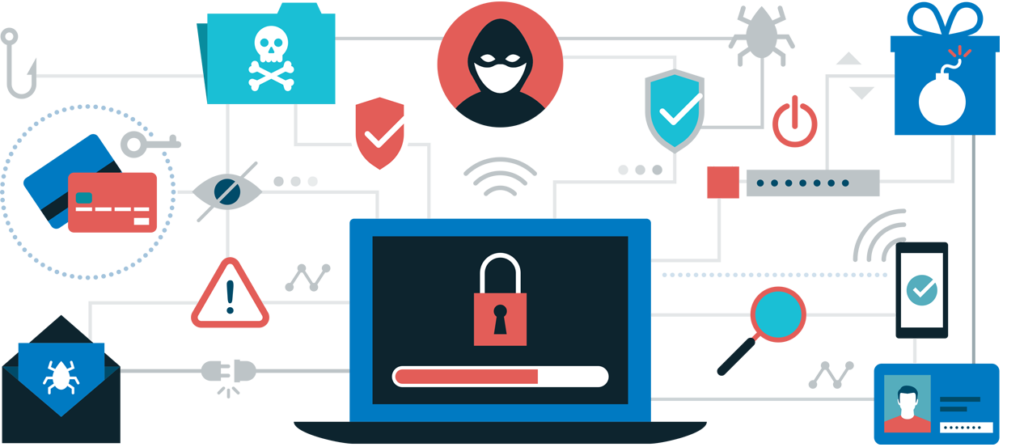Effective Endpoint Security Solutions
Securing your business’s data is more important than ever. Endpoint security solutions are a crucial part of this process. Here are some tips for implementing effective endpoint security solutions in your small business.
Understanding Endpoint Security
“Endpoint security” refers to the protection of internet-connected devices such as desktops, laptops, and mobile devices from potential threats. These endpoints serve as entry points for threats and are therefore crucial to secure.
1. Regularly Update Your Systems
One of the simplest, yet most effective ways to ensure endpoint security is by regularly updating your systems. Updates often include patches for security vulnerabilities that could be exploited by cybercriminals. Regular updates not only fix bugs but also provide enhancements to the system’s security features. It’s important to keep all software, including operating systems and applications, up to date.
2. Use Antivirus Software
Antivirus software is a must for all your devices. It can detect and remove malware before it causes damage. Ensure your antivirus software is always up-to-date to protect against the latest threats. Modern antivirus software also includes features like real-time scanning, automatic updates, and email protection.
3. Implement a Firewall
A firewall monitors and controls incoming and outgoing network traffic based on predetermined security rules. It forms a barrier between a trusted network and an untrusted network, blocking malicious traffic. Firewalls can be hardware or software-based and are a fundamental part of any network security strategy.
4. Educate Your Employees
Your employees can be your first line of defense against cyber threats. Educate them about the importance of endpoint security and safe online practices such as not clicking on suspicious links. Regular training sessions can help employees stay updated on the latest cyber threats and how to avoid them.
5. Use a Virtual Private Network (VPN)
A VPN encrypts your internet connection, making it harder for hackers to intercept your data. It’s especially important for employees who work remotely and need to access your network. VPNs can protect sensitive data and make your online activities anonymous.
6. Regularly Backup Your Data
Regular data backups can save your business in the event of a data breach or ransomware attack. Ensure your backups are secure and regularly test them to confirm they work. It’s also important to store backups in multiple locations, including off-site, to protect against physical disasters like fires or floods.
7. Employ a Professional IT Service
If you’re unsure about managing endpoint security yourself, consider hiring a professional IT service. They can provide expert advice and take care of your security needs. IT professionals can help you develop a comprehensive security strategy that includes endpoint protection, network security, and data loss prevention.
Remember, endpoint security is not a one-time task but an ongoing process. Stay vigilant, stay updated, and your business will be well-protected against cyber threats.










Leave a Reply